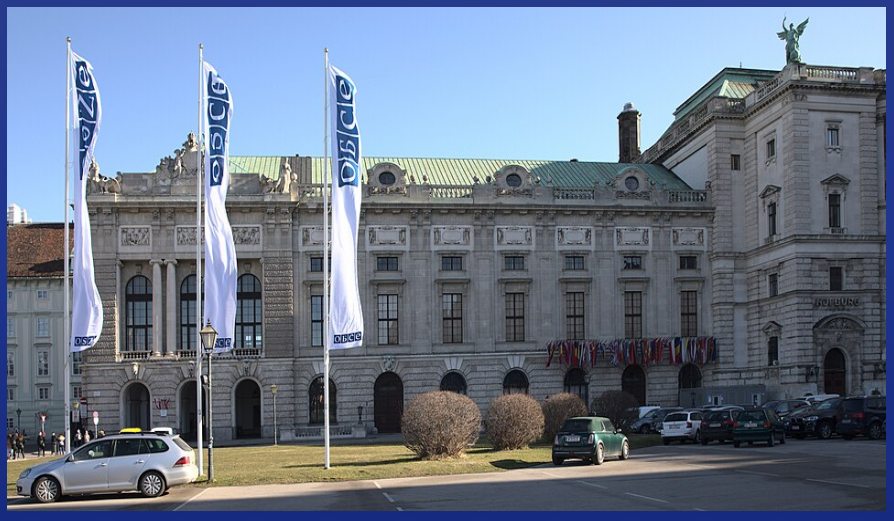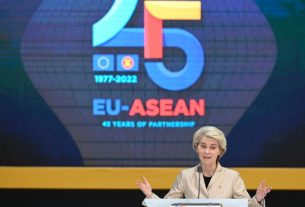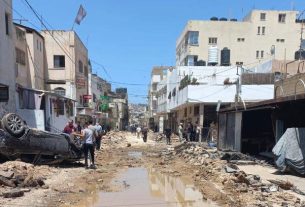Vienna Report Highlights Growing Risks
On 27 November, the OSCE Representative on Freedom of the Media (RFoM), Ambassador Jan Braathu, presented his second report to the OSCE Permanent Council, warning that a profound transformation in the information environment is undermining democratic resilience and placing journalists at increasing risk across the OSCE region.
“We are witnessing a transformation that strikes at the foundations of our democratic and security architecture. Media freedom is not a luxury – it is essential to stability and public trust,” Braathu told delegates.
Changing Information Landscape
The report identifies multiple forces reshaping public discourse:
- Political pressure and disinformation eroding trust in institutions.
- Economic fragility weakening independent media outlets.
- Dominance of online platforms concentrating power over information flows.
- Artificial intelligence accelerating both opportunities and threats in news dissemination.
This convergence, Braathu warned, is fragmenting societies and heightening hostility toward journalists.
Key Concerns: Safety and Digital Threats
The Representative highlighted:
- Attacks, intimidation, and arbitrary detentions of journalists, often during protests.
- Intrusive surveillance practices and restrictive “foreign agent” laws.
- SLAPP lawsuits designed to silence public interest reporting.
He urged all participating States to fully implement the OSCE Ministerial Council Decision 3/2018 on the Safety of Journalists, stressing that measures against disinformation must reinforce—not restrict—media freedom.
Support Initiatives Across the Region
Braathu outlined practical steps taken by his Office:
- Safety trainings for journalists.
- Assistance for journalists in exile.
- Regional media conferences in Bosnia and Herzegovina and Uzbekistan.
- Engagement on AI-related challenges and cooperation with regulators and public service media.
He expressed particular concern over the deliberate targeting of journalists covering Russia’s war against Ukraine.
Call for Political Will and Investment
While OSCE commitments on media freedom remain strong, Braathu stressed that implementation is lagging.
“Ethical journalism is a public good. What is needed now is not only reaffirmation, but concrete realization through legislation, enforcement, and political will,” he said.
He concluded by urging governments to act decisively, describing the protection of journalists and independent media as a strategic investment in democracy, public trust, and security.
Osce-Europe-Hq-Picture-by-StagiaireMGIMO
Source: OSCE Representative on Freedom of the Media – Report to the Permanent Council



